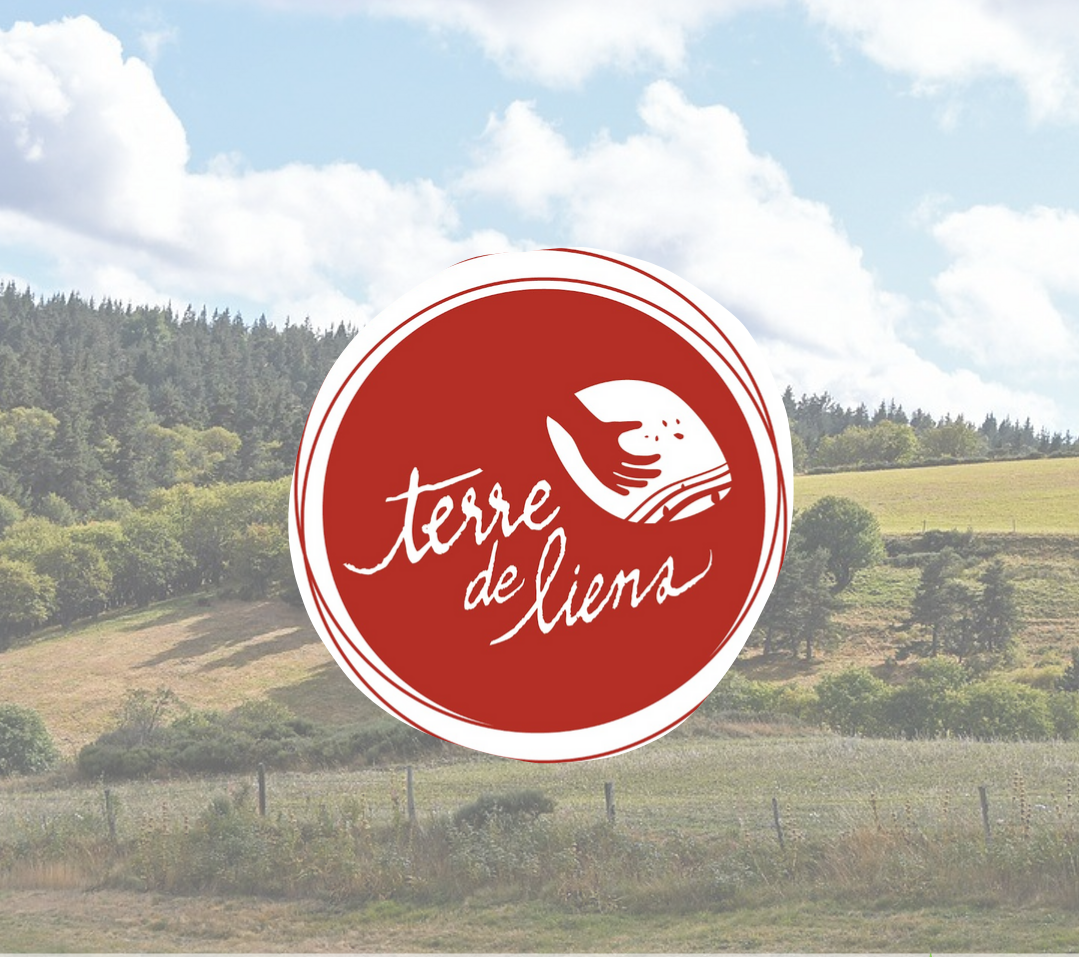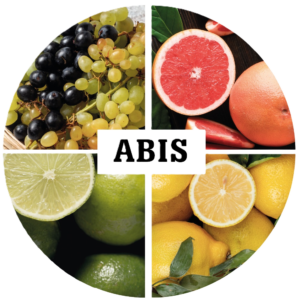In May, we supported the Terre de lIens Foundation

As you probably know by now, since January (2022) we have decided to support a different association/foundation/cause every month.
This month, we have chosen to focus on agricultural land issues.
Buying from HOPSTORE means buying certified Organic, but not only that!
What is the Fondation Terre de Liens?
Terre de Liens was born in 2003 from the convergence of several movements linking popular education, organic and biodynamic agriculture, ethical finance, solidarity economy and rural development.
To enable citizens and farmers to mobilise and act on the ground, the movement has invented new working tools capable of halting the disappearance of land and facilitating access to agricultural land for new farmers' installations. These tools are within everyone's reach, so that everyone can become effectively involved in the future of our farms and our agriculture.
Why is this important?
Access to agricultural land is a problem that concerns all citizens. Without agricultural land, there will be no farmers or local agriculture that respects the environment and creates links. For Terre de Liens, the erosion of our agricultural wealth, the loss of biodiversity and the decline of the countryside are not inevitable: the future can offer many other perspectives for land and peasant agriculture. If we give ourselves the means...
Did you know that?




The Terre de Liens movement has its roots in these questions: what have we done with the land, this common good? How, in a few hundred years, have we been able to wipe out thousands of years of mostly collective, if not common, management of the land? How, in such a context, can we allow new generations to ensure the succession of farmers and the economic revival of rural areas?
Offering another horizon...
The future of our rural areas depends on the reconstruction of a network of activities and social links that bring the countryside back to life. Local agriculture, with its local roots, is at the heart of this dynamic: it is based on farms on a human scale and allows relationships to be forged between citizens and the farmers who produce our food.
But before any agricultural project, there is the land... and this is why Terre de Liens has invented solutions to free up agricultural land, rehabilitate its status as a common good and make it open to the creation of new economic and ecological activities.
How does it work in practice?
An associative network mobilised throughout France: it welcomes and accompanies farmers in their access to land, informs and brings together the public around land and agricultural issues, and anchors the Terre de Liens project in a local citizen dynamic.
La FoncièreThis solidarity investment company, open to citizens, allows everyone to invest their savings in a project with high social and ecological value. The accumulated capital is used to buy farms to set up diversified agri-rural activities. La Foncière rents these farms to farmers committed to local, organic and human-scale agriculture.
The FoundationThe association, which is recognised as being of public utility, is authorised to receive legacies and donations of farms. It also buys land that is in danger of losing its agricultural use. In all cases, the Foundation guarantees environmentally friendly farming practices on this land in the very long term. In this way, Terre de Liens participates in the succession of farmers and facilitates the intergenerational transmission by installing new farmers.
It is this combined action that allows :
to acquire agricultural land and thus avoid its disappearance,
to ensure its long-term preservation through ecological and responsible use,
to rent this land to farmers for organic or peasant production,
to share the results of these experiences with all interested parties,
to invent new responses to the agricultural land crisis and to bring together citizens, decision-makers and agricultural actors around these perspectives.
Are you also sensitive to these issues and would you like to take part in the dynamics? Read more here.




